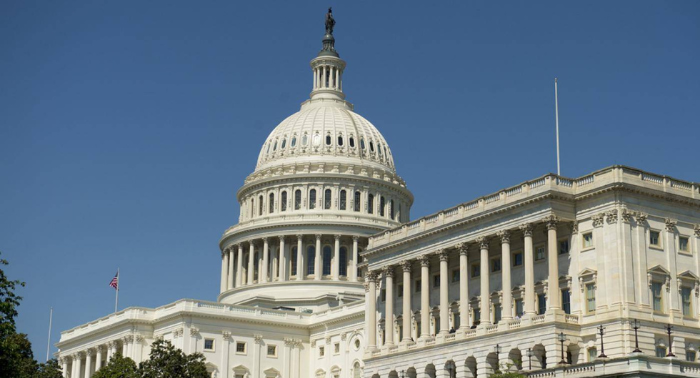The House of Representatives approved a bill on Friday to renew and amend a critical U.S. government surveillance tool but did not include extensive restrictions on how the FBI can search for Americans’ data within this framework.
The legislation, which passed with a 273-147 vote, is now headed to the Senate, where its prospects are less certain. This program, integral to national security, is due for expiration on April 19 unless reauthorized by Congress.
House Speaker Mike Johnson introduced this modified proposal to renew Section 702 of the Foreign Intelligence Surveillance Act for just two years—shorter than the initially suggested five years. This change aims to bring back the issue for reconsideration under potential future administrations.
A proposal to end warrantless surveillance of Americans was also brought to the floor and saw support from a diverse mix of legislators from both the far right and far left. However, it ultimately did not gather the majority needed to pass.
Amidst growing skepticism over government surveillance powers, particularly among conservatives, there has been significant debate over the necessary reforms for the Foreign Intelligence Surveillance Act (FISA). This internal conflict was evident earlier this week when 19 Republicans defected, blocking the bill from being presented.
Yet, the revised proposal with a shorter duration managed to convert some of the initial conservative opposition. “The two-year timeframe is a much better landing spot because it gives us two years to see if any of this works rather than kicking it out five years,” commented Rep. Chip Roy, R-Texas.
The legislation allows the U.S. government to collect foreign intelligence by monitoring the communications of non-Americans located outside the United States without a warrant. Critics, however, argue that the reforms included do not sufficiently protect civil liberties, particularly regarding Americans’ data privacy.
To further address concerns, Speaker Johnson plans to introduce additional measures next week aimed at ending the loophole that permits the collection of data on Americans from large tech companies without a warrant.
Despite its impending expiration, the Biden administration has indicated that its authority to collect intelligence should remain effective for another year due to a recent ruling from the Foreign Intelligence Surveillance Court. However, this is not seen as a viable long-term solution since cooperation from communications companies is crucial and could potentially wane without formal Congressional approval.
Initially authorized in 2008, this surveillance tool has been a cornerstone in U.S. efforts to thwart terrorism, cyber threats, and foreign espionage. Nevertheless, the push for reauthorization has continually faced intense bipartisan resistance. This includes criticisms from prominent figures like Senator Ron Wyden and former President Donald Trump, who recently claimed, incorrectly, that Section 702 had been misused to spy on his presidential campaign.
Concerns have been amplified by revelations of FBI misuse of the intelligence collected, prompting calls for requiring warrants for any searches involving Americans. FBI Director Chris Wray has countered that such restrictions would severely impede the program’s effectiveness, as the data has already been lawfully gathered.
As the bill moves to the Senate, the ongoing debates reflect the complex balance between national security needs and the protection of individual privacy rights.




